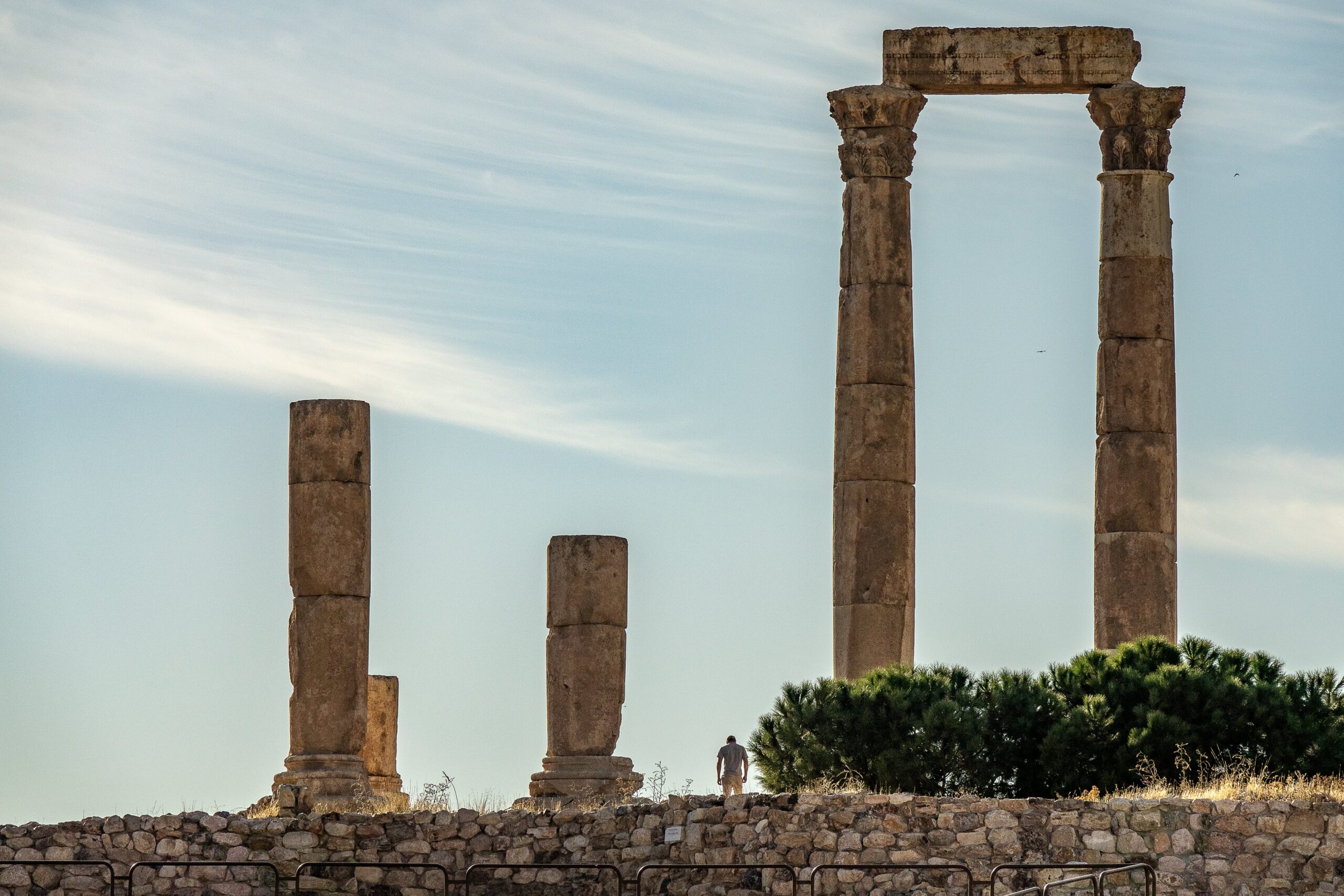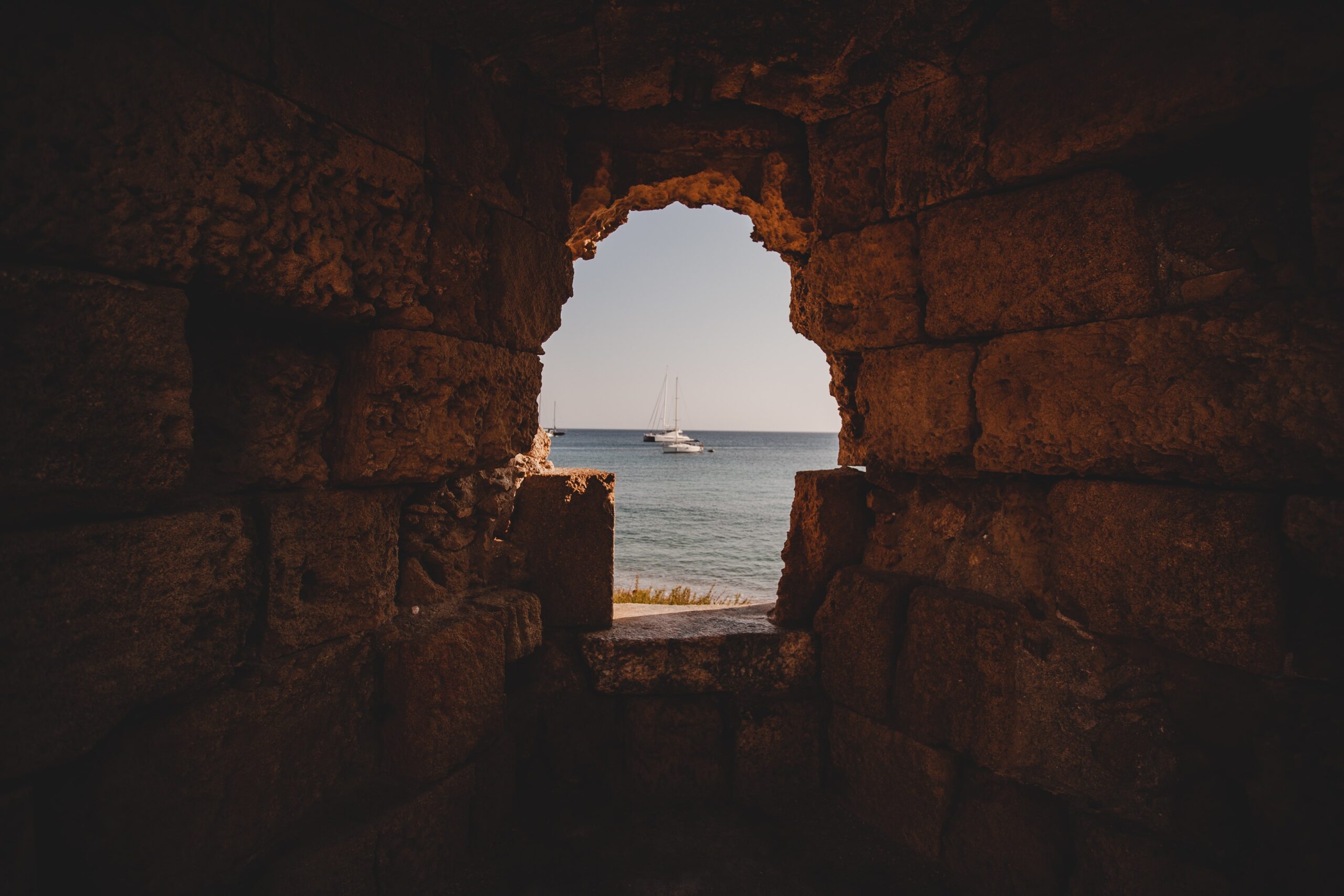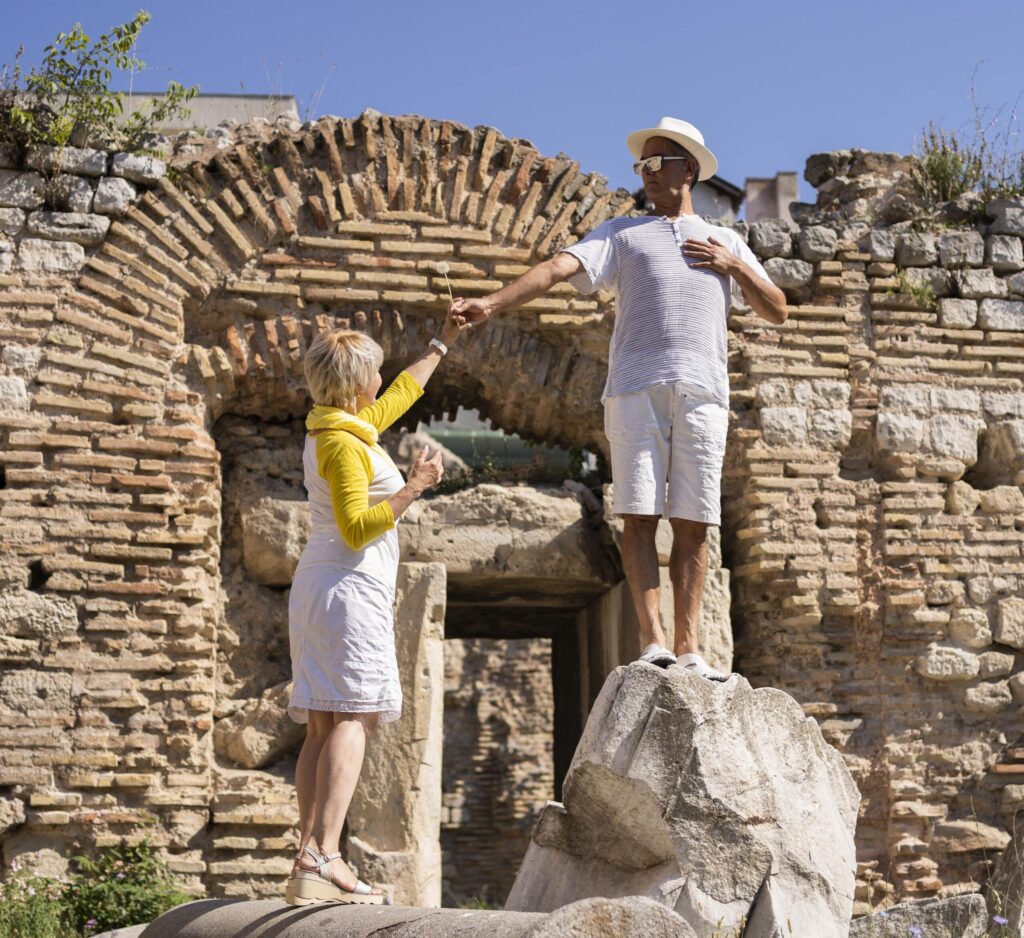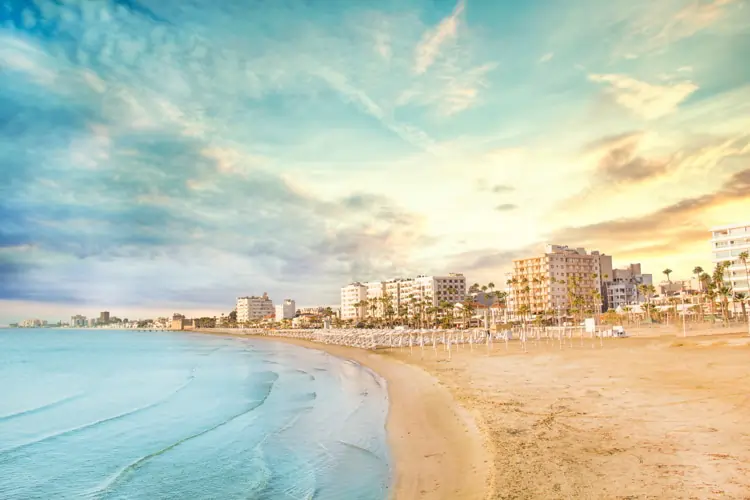
When most people think of Cyprus, they understandably think of sun-soaked beaches and luxurious resorts. However, behind the turquoise waters lies rich collection of history and culture waiting to be explored. Whether you’re wandering through the ancient ruins of Kourion or enjoying a cocktail while gazing over the Mediterranean at Larnaca’s Memories Rooftop Bar, the echoes of Cyprus’ past play out across the island. In this post, we’ll unravel the awesome layers of the island’s past while also delving into the heart of its lively present. After all, culture in Cyprus is more than just ancient monuments – it’s a living, breathing experience that invites visitors to both relax and reflect.
What makes Cyprus’ history so unique?
Cyprus’ history is as diverse as its landscape. Nestled at the crossroads of three continents – Europe, Asia, and Africa – this small island has been a melting pot of cultures for thousands of years. The island’s geographical position made it a prized possession for many civilizations, including the Greeks, Romans, Byzantines, Ottomans, and British.
Cyprus’ timeline stretches back over almost 9,000 years, with Neolithic settlements such as Choirokoitia offering a glimpse into the island’s early days. But it’s not just about ancient history; each wave of settlers left a distinct cultural mark, shaping the island’s art, architecture, and traditions.
Take a walk through the old town of Nicosia, the island’s divided capital, and you’ll see traces of Venetian walls, Ottoman mosques, and British colonial buildings all coexisting within a single city. Each of these layers tells us something about the people who lived here, weaving together a unique tapestry that makes Cyprus stand out from other Mediterranean destinations.

How do ancient ruins and modern life coexist in Cyprus?
One of the most fascinating parts of Cyprus is the way its ancient history and its modern life blend together. Picture this: You’re strolling through the ancient Roman city of Kourion, gazing out over the sea from a perfectly preserved amphitheater. The ruins speak of a time when gladiators entertained crowds, and public baths were a social setting. Yet, just a short drive away, you could be relaxing on a pristine beach or savoring a fresh meze at a seaside taverna.
Paphos, a UNESCO World Heritage Site, is another place where past and present mix effortlessly. While it’s known for its Roman mosaics and the Tombs of the Kings, the lively modern town surrounding it offers all the usual aspects of a lively tourist destination. Whether you’re exploring ancient sites or enjoying modern comforts, the duality of Cyprus is always seen.
Even in Larnaca, after a day spent exploring the Hala Sultan Tekke mosque or the ancient ruins of Kition, you can unwind at a spot like Memories Rooftop Bar. Resting above the city, it offers a modern escape with breathtaking views of the Mediterranean, reminding you of the long history that has unfolded across these shores.
What role does culture play in modern Cypriot life?
While Cyprus’ past history is undeniably rich, its culture is just as alive and kicking today. Culture in Cyprus is found in the everyday lives of its people; not just limited to museums or archaeological sites. From traditional music and folk dances to vibrant festivals, Cypriots proudly preserve their heritage while also embracing modern influences.
One of the most significant aspects of Cypriot culture is its food. Cypriot cuisine is a delicious fusion of Mediterranean flavors with Middle Eastern and Turkish influences, reflecting the island’s diverse past. Traditional dishes like halloumi, souvlaki, and moussaka are served alongside freshly caught seafood, often accompanied by a glass of local wine. Sharing food is a cornerstone of Cypriot hospitality, and many travelers find that the best way to experience the island’s culture is by indulging in a traditional feast with locals.
Festivals are another way to get a taste of Cypriot life. From the Limassol Wine Festival to the colorful Carnival celebrations, these events are a great way to see how history, tradition, and community come together. Don’t be surprised if you find yourself swept up in the music and dancing – it’s all part of the experience!

How has Cyprus evolved from ancient times to today?
Cyprus may be filled with history, but it has also embraced the modern world with open arms. While the ancient ruins remind visitors of its past, the island today is a modern tourist destination that attracts visitors from all corners of the globe. Its resorts, particularly along the southern coast, cater to luxury-seekers looking for sun and sea, while inland villages offer a more laid-back, culturally authentic experience.
Even though Cyprus has developed significantly in recent decades, there is an active effort to keep its cultural heritage alive. Efforts to maintain traditional villages like Lefkara, famous for its intricate lacework and silverware, ensure that the island’s cultural roots remain undamaged. Similarly, archaeological sites are carefully maintained, allowing visitors to step back in time and immerse themselves in the island’s ancient wonders.
And it’s this very blend of the old and the new that makes Cyprus so captivating. One moment you’re walking through the ruins of a 2,000-year-old temple, and the next, you’re sipping a contemporary cocktail at a sleek rooftop bar, like Larnaca’s Memories Rooftop Bar. It’s a credit to how far the island has progressed while staying true to its cultural roots.
What can visitors expect from Cyprus today?
Today, Cyprus offers something for every type of traveler. For history buffs, there’s no shortage of ancient sites to explore. From the legendary birthplace of Aphrodite to Byzantine monasteries perched on mountain slopes, the island offers countless opportunities to dive deep into its past.
For those seeking relaxation, Cyprus’ resorts and beaches provide the perfect escape. Larnaca, Limassol, and Ayia Napa are all known for their beautiful beaches and vibrant nightlife. Meanwhile, more adventurous travelers can venture into the Troodos Mountains for hiking and explore traditional villages that seem untouched by time.
No matter where you go, the culture in Cyprus is sure to leave an impression. Whether it’s through the food, the people, or the historical landmarks, there’s a unique charm that makes the island stand out. It’s a place where ancient history and modern luxuries exist together, inviting travelers to experience the best of both worlds.



